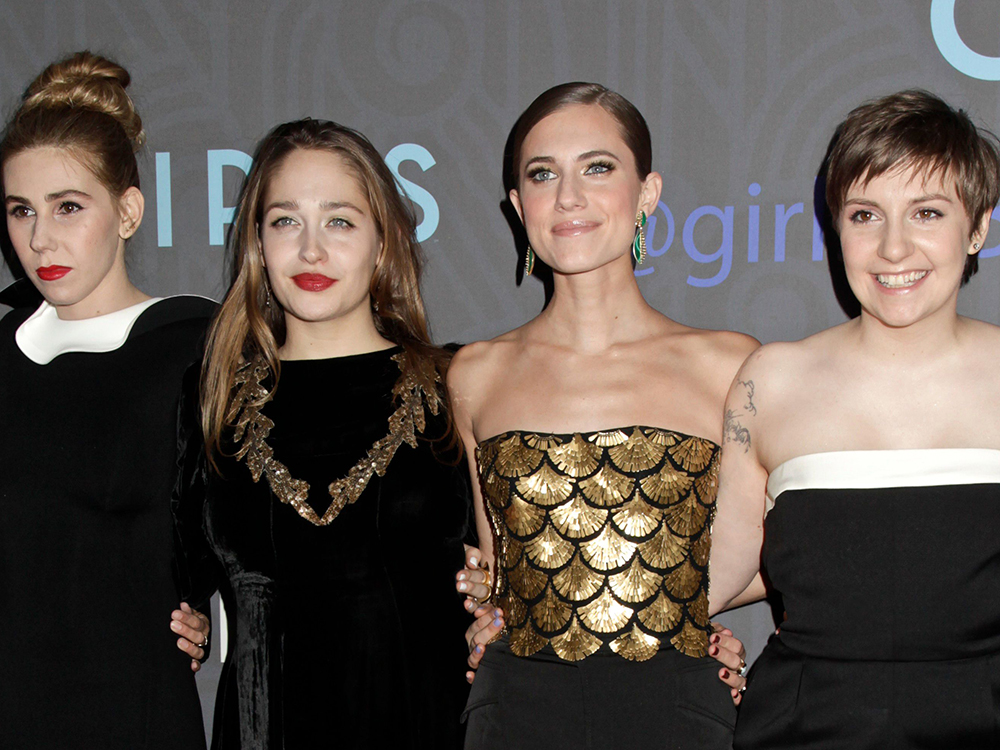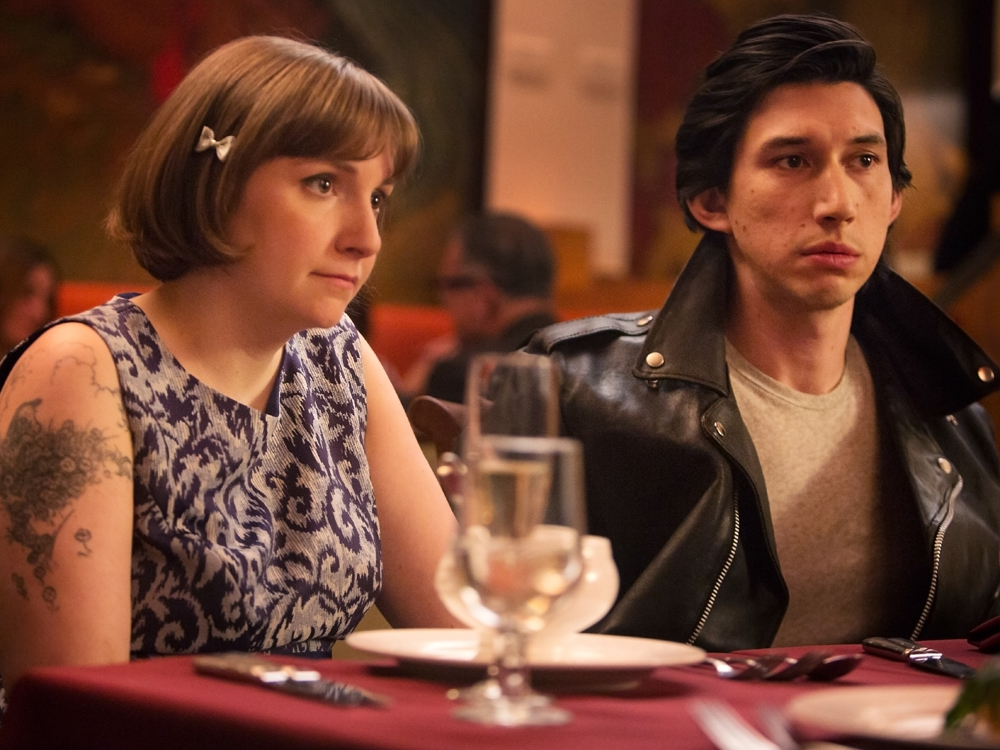Millennials Might Be Smarter, Richer And Healthier Than Their Parents - But They Have It Worse
A new report says millennials are doomed...

A new report says millennials are doomed...
You might think that young people have it easy. They’re richer than their parents, more intelligent and more likely to live longer than any other generation. They also live in more liberal societies and have access to information faster than any generation before them.
But a special report by the editor of The Economist, Robert Guest, suggests that in fact, millennials – which he defines as people aged between 15 and 30 - have it tougher than most people think.
‘In some respects the young have never had it so good,’ Guest writes. ‘They are richer and likely to live longer than any previous generation. On their smartphones they can find all the information in the world. If they are female or gay, in most countries they enjoy freedoms that their predecessors could barely have imagined.
‘They are also brainier than any previous generation. Average scores on intelligence tests have been rising for decades in many countries, thanks to better nutrition and mass education.’
However, the report says, the talent and intelligence of millennials is often wasted, with not enough employment opportunity and the price of housing and education often pricing them out of the market.
Youngsters are twice as likely as their elders to be unemployed, the report says, while over 25% of young people in middle-income nations – and 15% in richer ones – are NEETs (not in education, employment or training).
Celebrity news, beauty, fashion advice, and fascinating features, delivered straight to your inbox!

‘Education has become so expensive that many students rack up heavy debts,’ he adds. ‘Housing has grown costlier, too, especially in the globally connected megacities where the best jobs are. Young people yearn to move to such cities: beside higher pay, they offer excitement and a wide selection of other young people to date or marry. Yet constraints on the supply of housing make that hard.’
Guest also wrote that the time it takes to feel financially secure mean people leave having children till later and later – which, though he says is a good thing, means couples may feel more pressurised at a later age to become parents.
‘For both sexes, the path to adulthood - from school to work, marriage and children - has become longer and more complicated. Mostly, this is a good thing. Many young people now study until their mid-20s and put off having children until their late 30s.
‘They form families later partly because they want to and partly because it is taking them longer to become established in their careers and feel financially secure. Alas, despite improvements in fertility treatment the biological clock has not been reset to accommodate modern working lives.'
At the end of the fascinating report, Guest urged countries around the world to ‘work harder to give the young a fair shot’.
‘If they do not, a whole generation’s talents could be wasted,’ he wrote. ‘That would not only be immoral; it would also be dangerous.’
The leading destination for fashion, beauty, shopping and finger-on-the-pulse views on the latest issues. Marie Claire's travel content helps you delight in discovering new destinations around the globe, offering a unique – and sometimes unchartered – travel experience. From new hotel openings to the destinations tipped to take over our travel calendars, this iconic name has it covered.